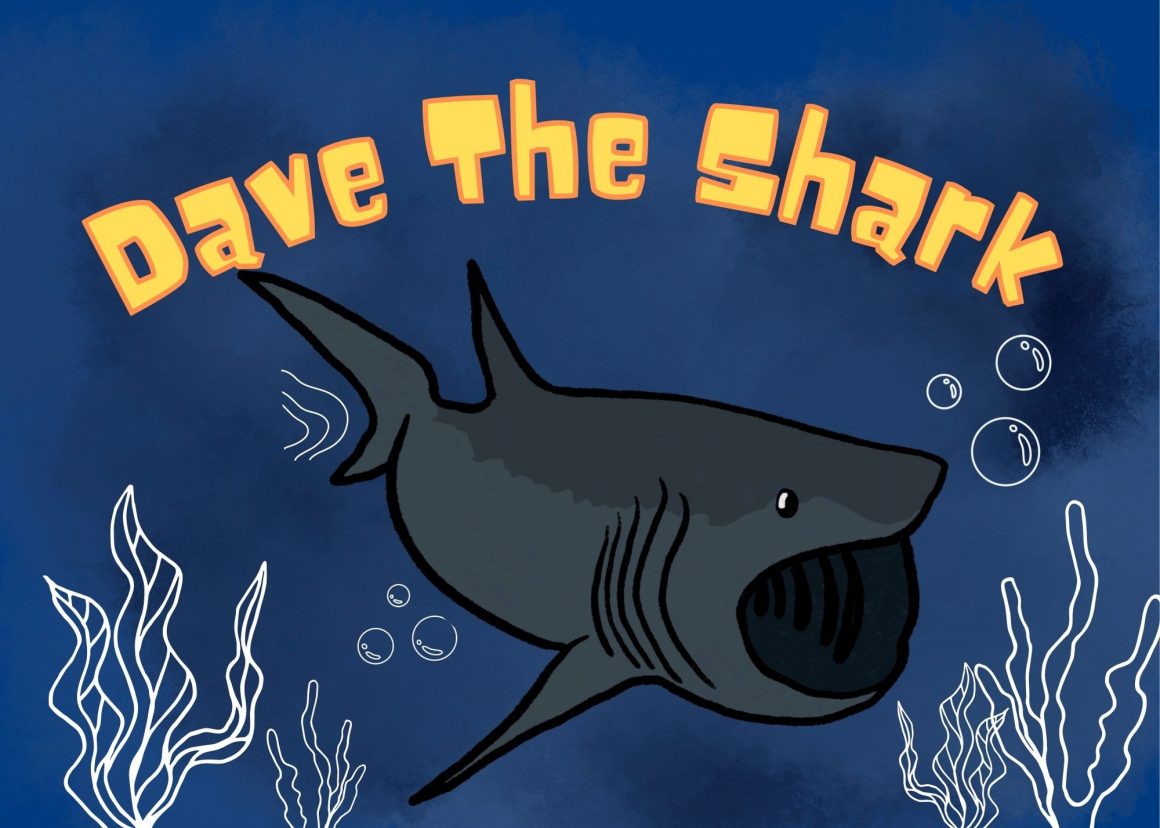
Say hello to Dave the ancient shark skeleton
By Sheroog Kubur, August 12 2022—
Dave the shark is an ancient shark skeleton from Morden, Manitoba, originally found in 1975. However, Dave remained in storage at the Canadian Fossil Discovery Centre for 40 years — until he was rediscovered and let out of hiding. Now, he is proudly on display and ready to be further studied.
Dave has been hidden at the CFDC since 1975 under a plaster field jacket in the museum’s collection room. Nobody thought very much of it until eight years ago, when it was rediscovered. The next couple years were spent preparing an exhibit to showcase Dave, which only opened this year.
The executive director of the museum, Adolfo Cuertara, explained that museums often don’t have the time to go through all the fossils in their collections. This meant that Dave was easily able to slip under their radar.
What makes Dave a remarkable rediscovery is the fact that sharks don’t typically produce fossils or skeletal remains because their bodies are mainly soft cartilage which disintegrates over time. Shark teeth can typically be found and nothing more, however Dave is a nearly complete fossil. Standing at nearly 15-feet long, this makes him the largest and most well-preserved shark fossil in the world. It is also highly possible that Dave is a completely new species of ancient shark unlike anything observed before.
“The shape of the jaws and the skull and the kind of structures that it has, because the preservation is really amazing, is telling us that it is probably going to be a new species,” said Cuertara.
Dave did not have teeth and instead fed by absorbing nutrients from the water around him, which makes him a filter feeder.
The unofficial name comes from the farmer who owned the land where Dave was found. He will eventually receive a name as research continues to further understand his species.
“With this shark, the research is still underway. Hopefully within a few weeks or months, we will know exactly which genus or species it is,” Cuertara said.
The Canadian Fossil Discovery Centre says it holds the largest marine reptile fossil collection in Canada. It is also home to Bruce, the world’s largest publicly-displayed mosasaur — a marine reptile that existed in the later age of dinosaurs. This year the centre is reopening following pandemic disruptions and has plans for expansions.
